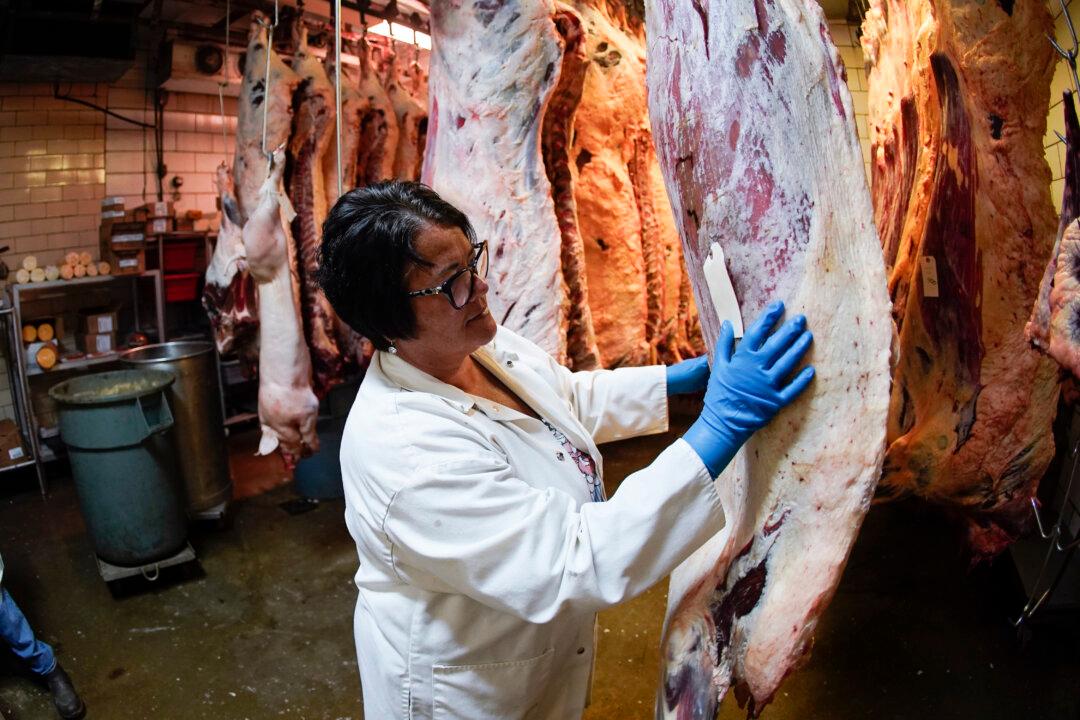Four corporations process most of the meat sold in the United States; two are based in other countries. American farmers say it’s time to promote competition in the meat processing industry by changing the rules to allow farmers to deal with small local processors.
“In my opinion, the Department of Justice, the USDA, and the Federal Trade Commission have been on vacation since the 1970s on antitrust issues,” Greg Gunthorp, an artisan farmer and processor from LaGrange, Indiana, told a House subcommittee on June 13.





